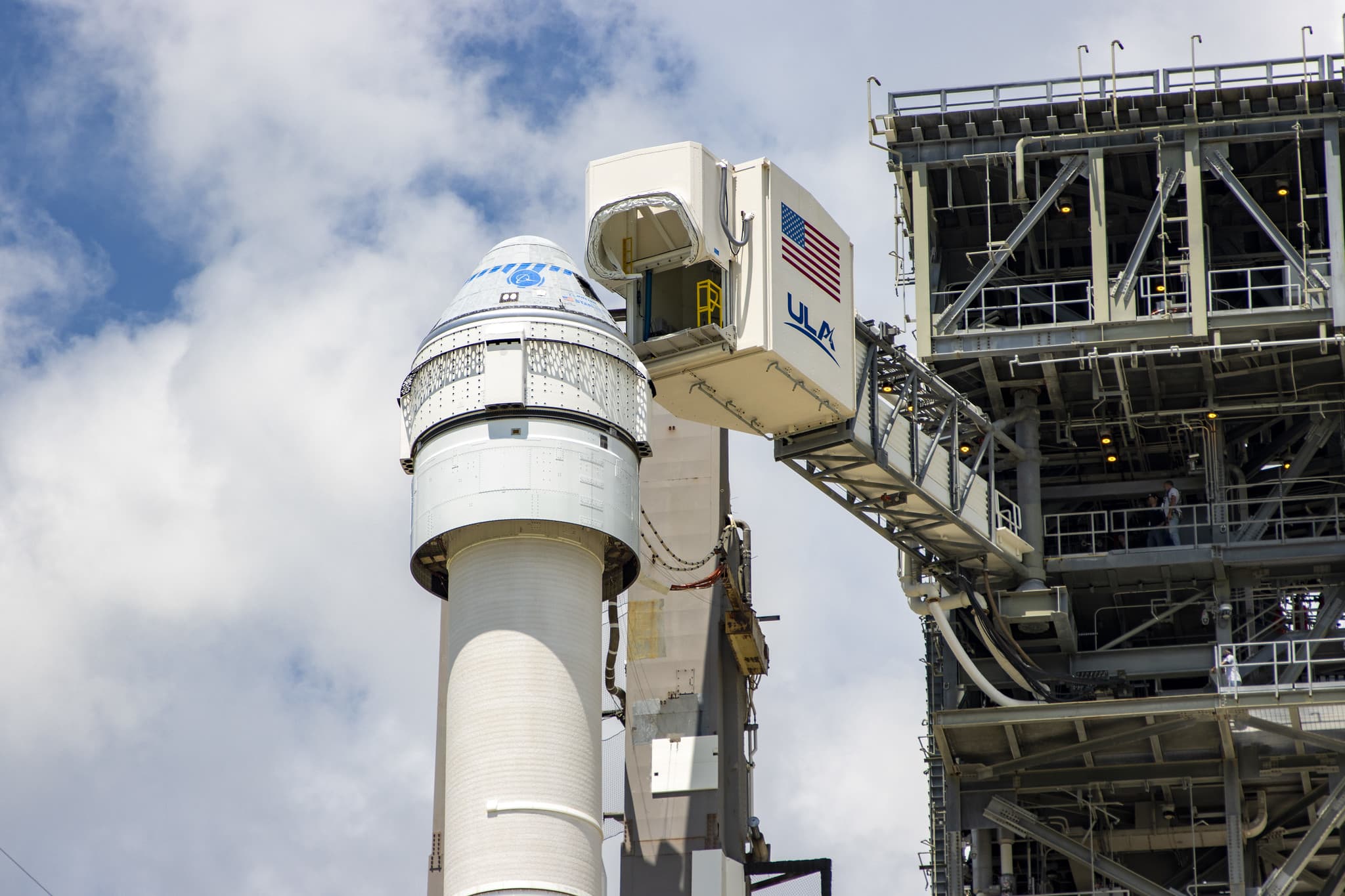Products You May Like
NASA moved a pair of astronauts off Boeing’s first two crewed missions to a SpaceX mission next year, in a rare reassignment as the aerospace giant’s Starliner capsule remains delayed in development.
The U.S. space agency announced Wednesday that astronauts Nicole Mann and Josh Cassada will be the commander and pilot, respectively, of SpaceX’s Crew-5 mission in fall 2022.
NASA in August 2018 had assigned the pair to fly on Boeing’s first crewed Starliner missions – with Mann on the Starliner crew flight test and Cassada on the first operational Starliner flight. But after spending three years preparing to fly Boeing’s capsule, the two astronauts are the first to be reassigned from one U.S. spacecraft to another.
“We understand the agency’s need to make adjustments to get members of the current astronaut class flying experience on an operational vehicle while the development of the Starliner spacecraft continues. We fully support NASA’s decisions and remain committed to putting the safety of the astronauts who will fly on our vehicle first,” a Boeing spokesman said in a statement to CNBC.
NASA has three astronauts still assigned to Boeing’s Starliner crewed flight test: Butch Wilmore, Mike Fincke, and Suni Williams. The agency says it will make further assignments to Boeing missions “in the future.”
Ars Technica first reported that Mann and Cassada were likely to move off Starliner.
Boeing had planned to fly Starliner capsule on the uncrewed OFT-2 mission in August, but issues with a number of the spacecraft’s propulsion valves have delayed the test flight – which represents a redo of Boeing’s uncrewed flight test in December 2019.
The original flight test was cut short when the spacecraft’s flight control system misfired and the capsule did not make it to the International Space Station as planned.
The delayed OFT-2 mission does not yet have a new target launch date, as Boeing works with supplier Aerojet Rocketdyne to remedy the valve problems.
Boeing is covering the cost of OFT-2, having set aside $410 million shortly after the first flight test. The company developed Starliner under NASA’s Commercial Crew program, having won nearly $5 billion in contracts to build the capsule. SpaceX was awarded about $3.1 billion to develop its Crew Dragon capsule under the same NASA program, and launched its first astronauts in May 2020.
Become a smarter investor with CNBC Pro.
Get stock picks, analyst calls, exclusive interviews and access to CNBC TV.
Sign up to start a free trial today.
